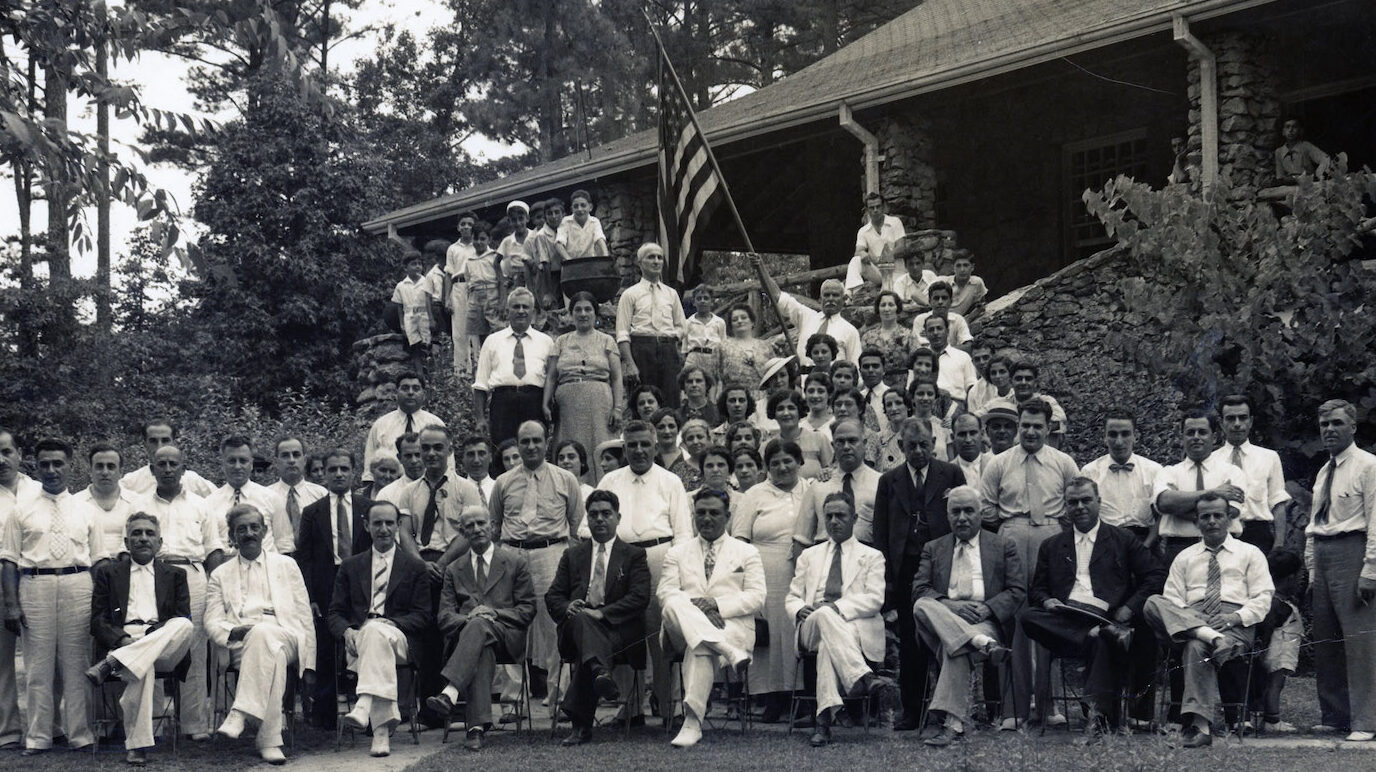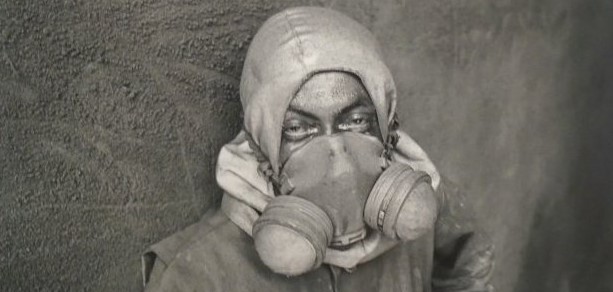Lebanese in Kansas
Remember the post about the Lebanese in Kansas (here) where we featured the work of historian Dr. Jay Price? Well, he and his colleague, Sue Abdinnour wrote an article entitled, Family, Ethnic Entrepreneurship and the Lebanese of Kansas that is the cover article featured in Summer 2013 Great Plains Quarterly (GPQ), a scholarly journal housed at The University of Nebraska-Lincoln that “promotes appreciation of the history and culture of the people of the Great Plains and to explore their contemporary social, economic, and political problems.”
In reading this article, much like Dr. Price’s book, there are similarities between the Lebanese communities in Kansas and North Carolina. Here are a few of many insightful quotations.
Culture and entrepreneurship:
Starting as peddlers and proprietors of small stores, they [Lebanese in Wichita] went on to establish a tradition of entrepreneurship that continues to the present. From the early days of peddling to today’s real estate and restaurant ventures, the Lebanese have maintained the practice of family-based businesses with extended family ties central to several enterprises. Naturally, not all Lebanese went into business for themselves; in each generation, some have chosen to work for others. However, the degree to which the Lebanese preferred to found their own ventures is striking and noteworthy. Moreover, those who did found their own stores, companies, and investments embodied a culture of entrepreneurship that merged Anglo-American business practices with features that were also distinctly Arab, such as providing hospitality and working within the extended family. The result was a culture of entrepreneurship passed down from generation to generation, as much a part of local life as eating kibbe or dancing the dabke.
Process of entrepreneurship:
Entrepreneurship, therefore, is a set of processes within which individuals participate, a dynamic that is especially visible in ethnic entrepreneurship, rooted in a group of people who share common attributes in a given location, yet who are distinct from the larger society in which they function.
Setting up a store:
When an immigrant from Syria set up a peddling route or a grocery store, he did not do so on his own. The modest proprietor was not working by herself. She was one part of a vast network that usually extended to other neighboring communities, to larger regional cities, and indeed, to towns and villages back in the Ottoman Empire and around the world. The Lebanese experience in Kansas and Oklahoma is a vast, complex story involving numerous, intertwined family experiences. Space simply does not allow for covering all the families in as great detail as they merit.
Women peddlers:
Peddling was not just for men. Some women were peddlers as well and had their men accompany them on the peddling routes. Other women were content staying at home to do household work and childrearing with assistance from the extended family. Peddlers, men or women, had to deal with the challenge of traveling on foot, the rigor of winter, and the language barrier. Finding a location in which to peddle, however, took deliberation and even a measure of strategy. The goal was to find a region that had enough customers to make a circuit profitable but was without the competition of other peddlers.
Different types of value:
Recalling the poverty that their ancestors left, and the struggle to start anew in America, the Lebanese of Kansas have often noted that their immigrant ancestors seemed to have come “with nothing in their pockets.” They may not have come with extensive finances, but the immigrant ancestors of today’s Lebanese families brought with them other features that proved just as valuable. These included a willingness to provide for customers, an extensive network of relatives to provide jobs for newcomers and resources to embark on new ventures, and perhaps most important, a family life where the skills of entrepreneurship could be inculcated at a very young age. Their pockets may have been empty, but their extended family ties, as well as their knowledge of business, allowed them to rise to the challenge.
These authors wrote a great article, one that all Lebanese community members should read. The article also has great photographs not too different than the ones that could be found in our archive.
- Categories:


